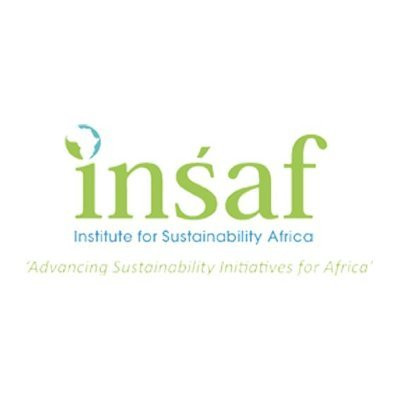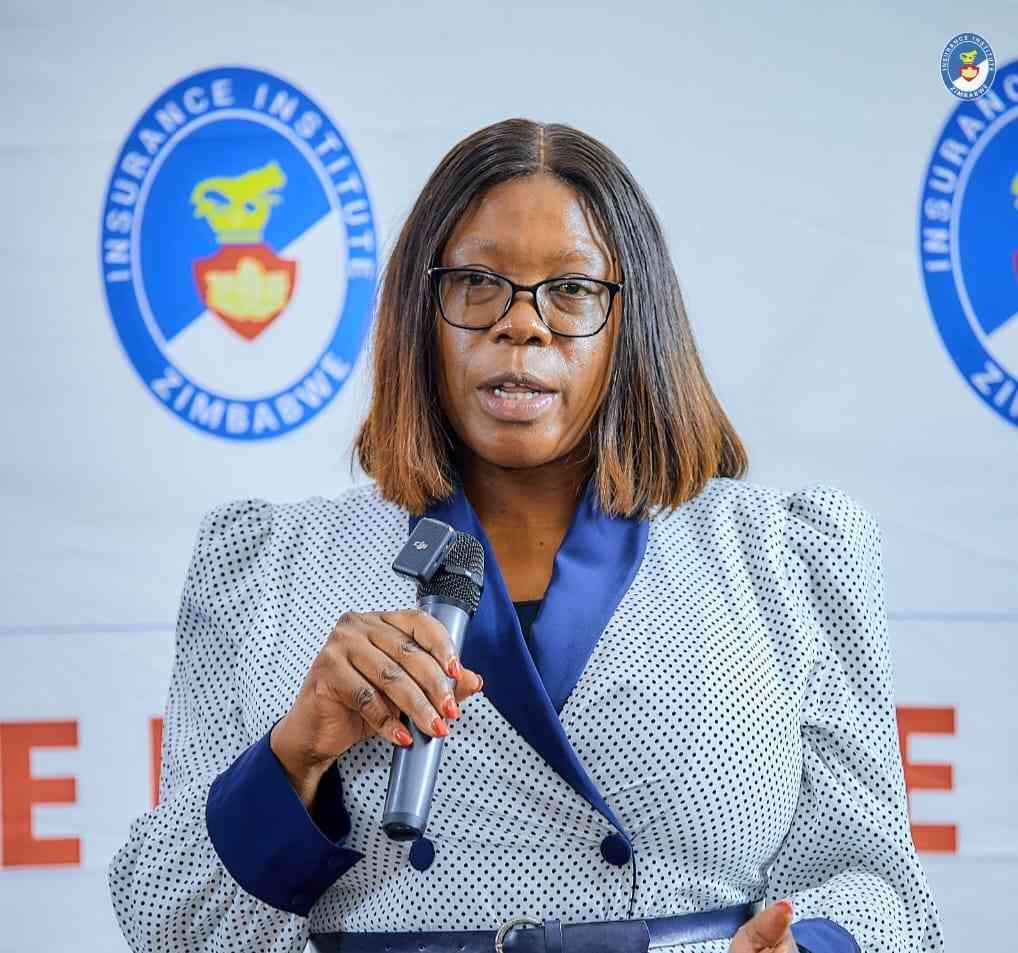
INSTITUTE for Sustainability Africa (Insaf) chief executive officer Rodney Ndamba says the government should push towards the implementation of environment, social and governance (ESG) practices.
Experts, local and international organisations have been pushing for the adoption of ESG practices in Zimbabwe as it would allow the country to attract more foreign direct investment.
At the beginning of this year, the Zimbabwe Stock Exchange mandated that all listed entities on the bourse and the Victoria Falls Stock Exchange should include ESG reporting in their financial results.
Insaf is an independent research institute founded in Zimbabwe in 2010 to advance sustainability initiatives in Africa.
“In terms of the ESG index, where does Zimbabwe stand? In this 2023 assessment, we actually stand at 142 out of 182 countries, and which becomes necessary that the government needed to have a drive and a push to ensure that sustainability is regulated in Zimbabwe,” Ndamba said at the inaugural ESG & Sustainability Conference.
Insaf is hosting the event, which kicked off yesterday, in partnership with Institute of Chartered Accountants of Zimbabwe and Institute of Directors Zimbabwe in Nyanga.
“And we have got different regulatory instruments, SI [Statutory Instrument] 134 of 2019 for the listed companies, the Victoria Force Stock Exchange,” Ndamba said.
“Then for parastatals, the Public Entities Corporate Governance Act . . . and this is where we have got a big problem, because for the submission and production of sustainability reports by parastatals, I don’t think we have exceeded more than five that can meet the compliance requirements.”
- New perspectives: Rethinking Zim’s national strategy
- New perspectives: Rethinking Zim’s national strategy
- Perspectives: Special economic zones key for sustainable growth
- Zim’s sustainability development: A call to action
Keep Reading
He claimed that the government would then feel the effects of this.
“From World Bank, IMF [International Monetary Fund], IFC [International Finance Corporation] and now the African Development Bank, they will simply say ‘let’s see your sustainability practices in Zimbabwe, give us the sustainability reports made for your top-ranked parastatal,” Ndamba said.
“And, if government can’t produce that, possibly they won’t get any money and they’ll end up going to borrow to our friends, where the interest rates are three or four times higher. This is the risk that government faces, but the Act is there.”
Ndamba noted that some of the challenges in implementing ESG practices were a result of scarce resources.
He said the lack of government’s zeal and willingness to implement these ESG regulations had affected the investment opportunities and borrowings.
Ndamba also encouraged companies and businesses, especially those who are doing business with European firms, to comply with ESG sustainability and avoid losing business opportunities.
“Then the new kids on the block, this one has got significant impact, this is the European Sustainability Standards, and you find they have got the environmental, social and governance, then the general disclosure,” he said.
“So, these are expected to impact more companies, and we are starting to see a severe impact on Africa because if you are doing business with any EU financial institution or company, then they will also have to check on you . . . If the risk is too high, they may actually opt not to do business with you, or you may have to do change.”











